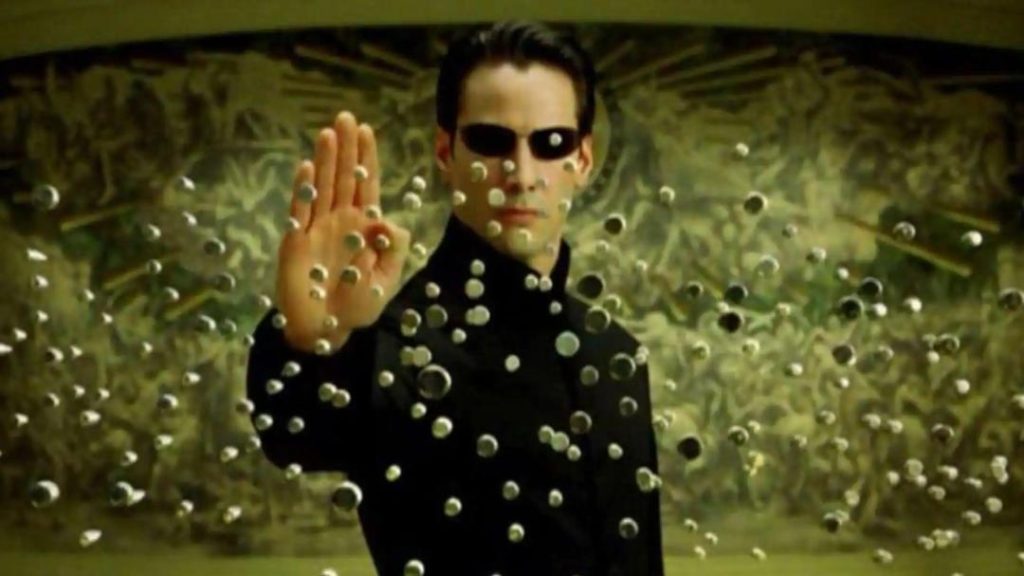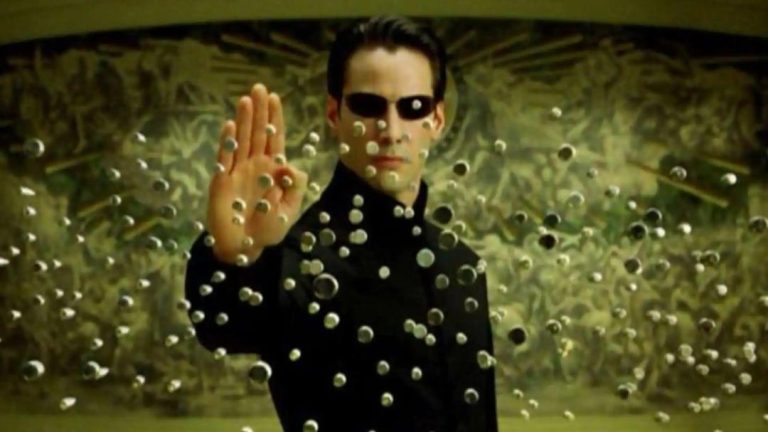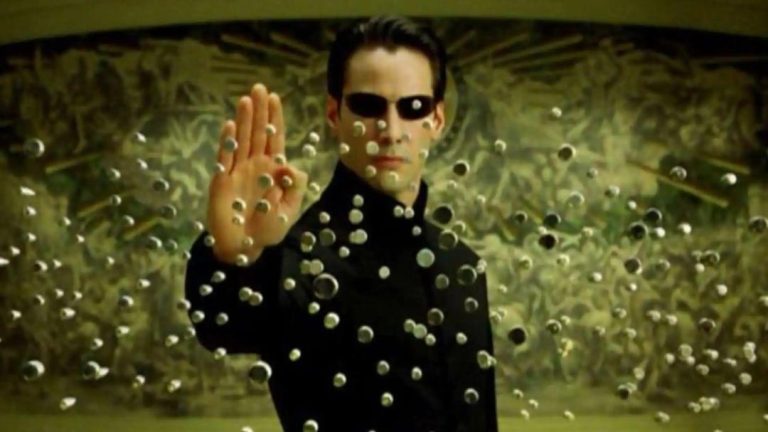
Physicists prove universe isn’t a computer simulation like in ‘The Matrix’
The idea that our universe is a computer simulation, similar to the concept presented in the iconic movie ‘The Matrix’, has been a topic of debate among scientists and philosophers for years. This hypothesis, also known as the “Simulation Hypothesis”, suggests that our reality is a simulation created by a more advanced civilization. However, a recent study by physicists from the University of British Columbia Okanagan (UBCO) has mathematically proved that this idea is unlikely to be true.
According to a press release, the researchers have demonstrated that the universe is not a computer simulation, but rather it is built on “a type of understanding that exists beyond the reach of any algorithm”. This groundbreaking finding has significant implications for our understanding of the fundamental laws of physics and the nature of reality itself.
The study’s co-author explained that “fundamental laws of physics cannot be contained within space and time, because they generate them”. This statement highlights the limitations of computational models in describing the universe, as they are bounded by the constraints of space and time. In other words, the laws of physics that govern our universe are not confined to a specific spatial or temporal framework, but rather they are the underlying principles that give rise to these frameworks.
The Simulation Hypothesis has been a popular topic of discussion in recent years, with some notable figures such as Elon Musk and Nick Bostrom suggesting that the probability of our universe being a simulation is quite high. However, the UBCO study provides a mathematical framework that challenges this idea and offers a new perspective on the nature of reality.
The researchers’ approach was based on the concept of “non-computability”, which refers to the idea that certain phenomena or processes cannot be simulated or replicated by a computational model. The team demonstrated that the fundamental laws of physics, such as quantum mechanics and general relativity, exhibit non-computable behavior, which cannot be captured by any algorithm or computational model.
This finding has significant implications for our understanding of the universe and the limits of computational models. It suggests that there are aspects of reality that lie beyond the reach of computational simulation, and that the universe is a more complex and nuanced system than previously thought.
The study’s results also have implications for the field of artificial intelligence and the development of more advanced computational models. While AI has made tremendous progress in recent years, the UBCO study highlights the limitations of computational approaches in describing complex systems like the universe.
In conclusion, the UBCO study provides a significant breakthrough in our understanding of the universe and the nature of reality. By mathematically proving that the universe is not a computer simulation, the researchers have opened up new avenues for exploration and discovery. The study’s findings also underscore the importance of continued research and exploration in the fields of physics and cosmology, as we strive to uncover the secrets of the universe and our place within it.
As we continue to push the boundaries of human knowledge and understanding, it is essential to recognize the limitations of our current models and approaches. The UBCO study serves as a reminder that there may be aspects of reality that lie beyond the reach of computational simulation, and that a more nuanced and multidisciplinary approach may be necessary to fully comprehend the complexity of the universe.
In the words of the study’s co-author, “our findings suggest that the universe is a more complex and subtle system than previously thought, and that the fundamental laws of physics are not confined to a specific spatial or temporal framework”. This statement encapsulates the essence of the UBCO study and its implications for our understanding of the universe and the nature of reality.
For more information on this study, please visit: https://news.ok.ubc.ca/2025/10/30/ubco-study-debunks-the-idea-that-the-universe-is-a-computer-simulation/




